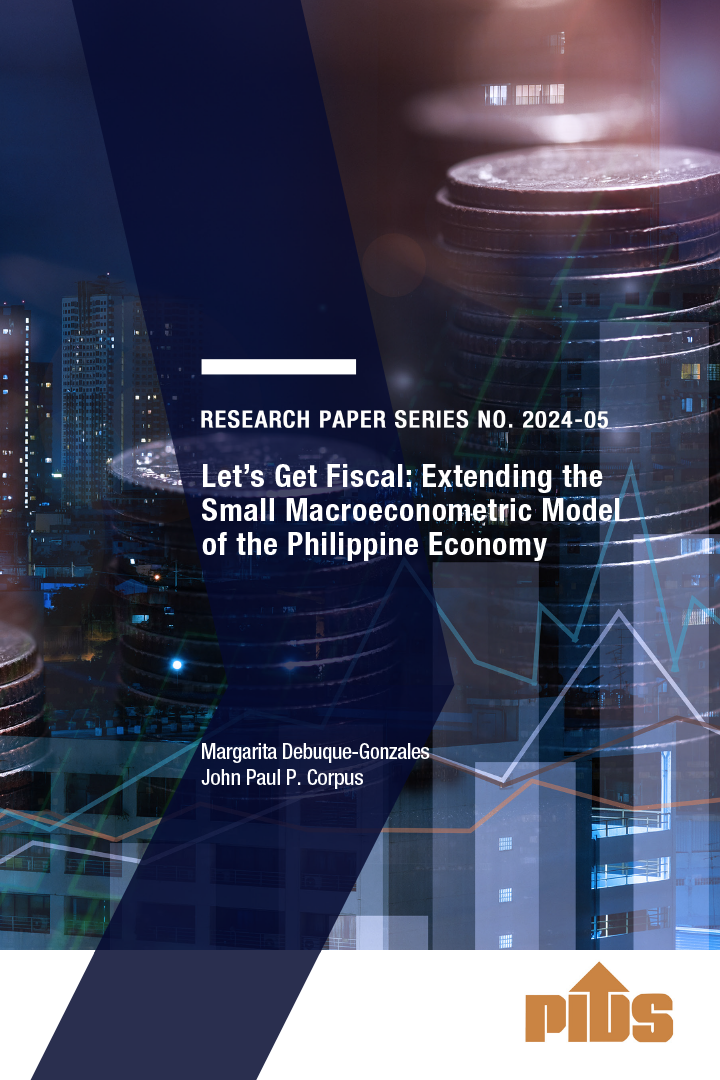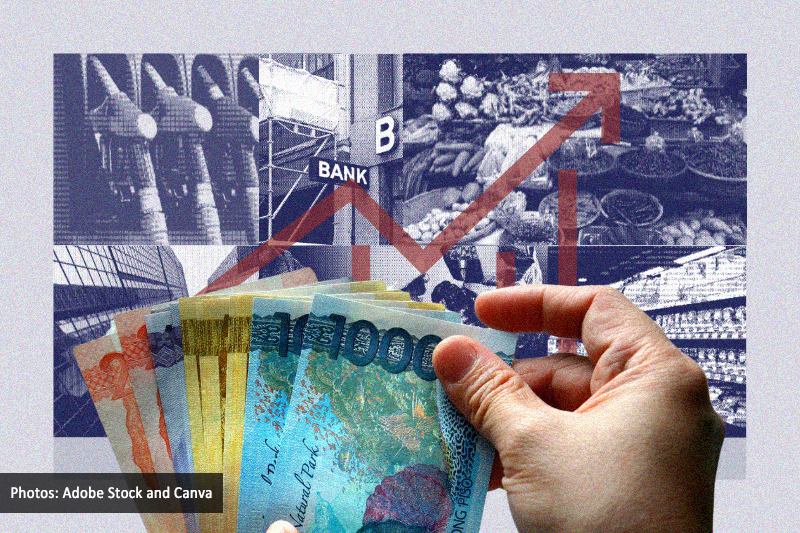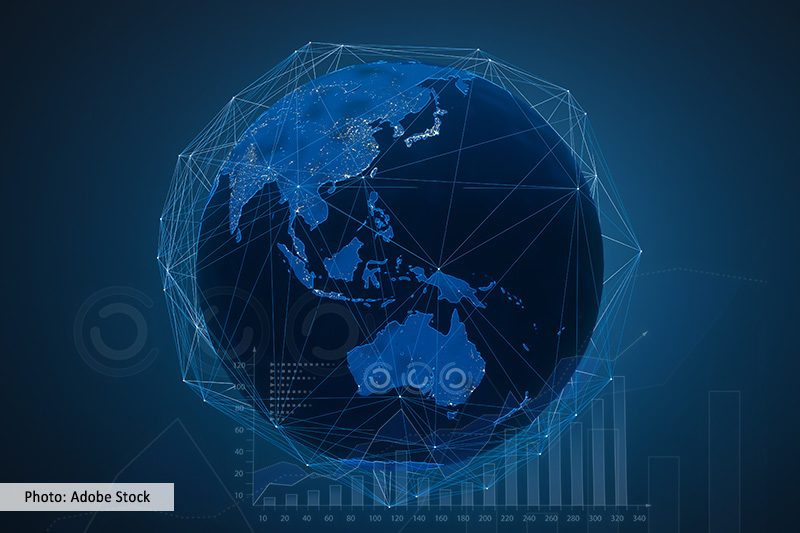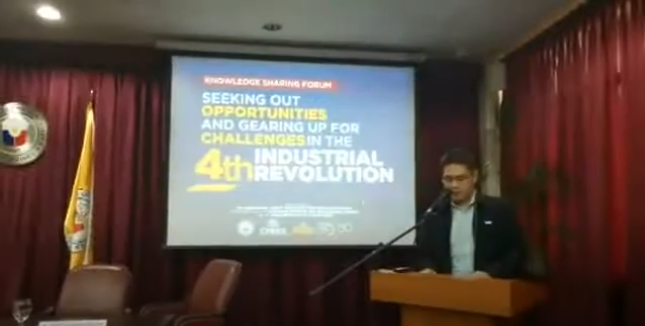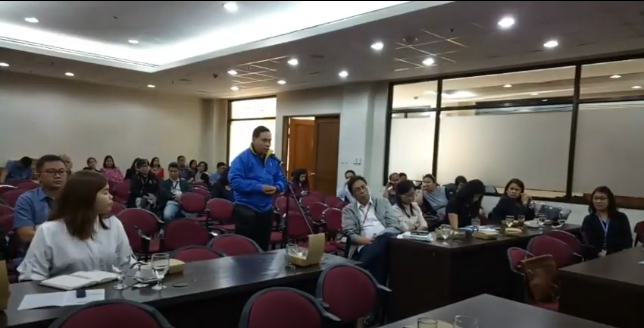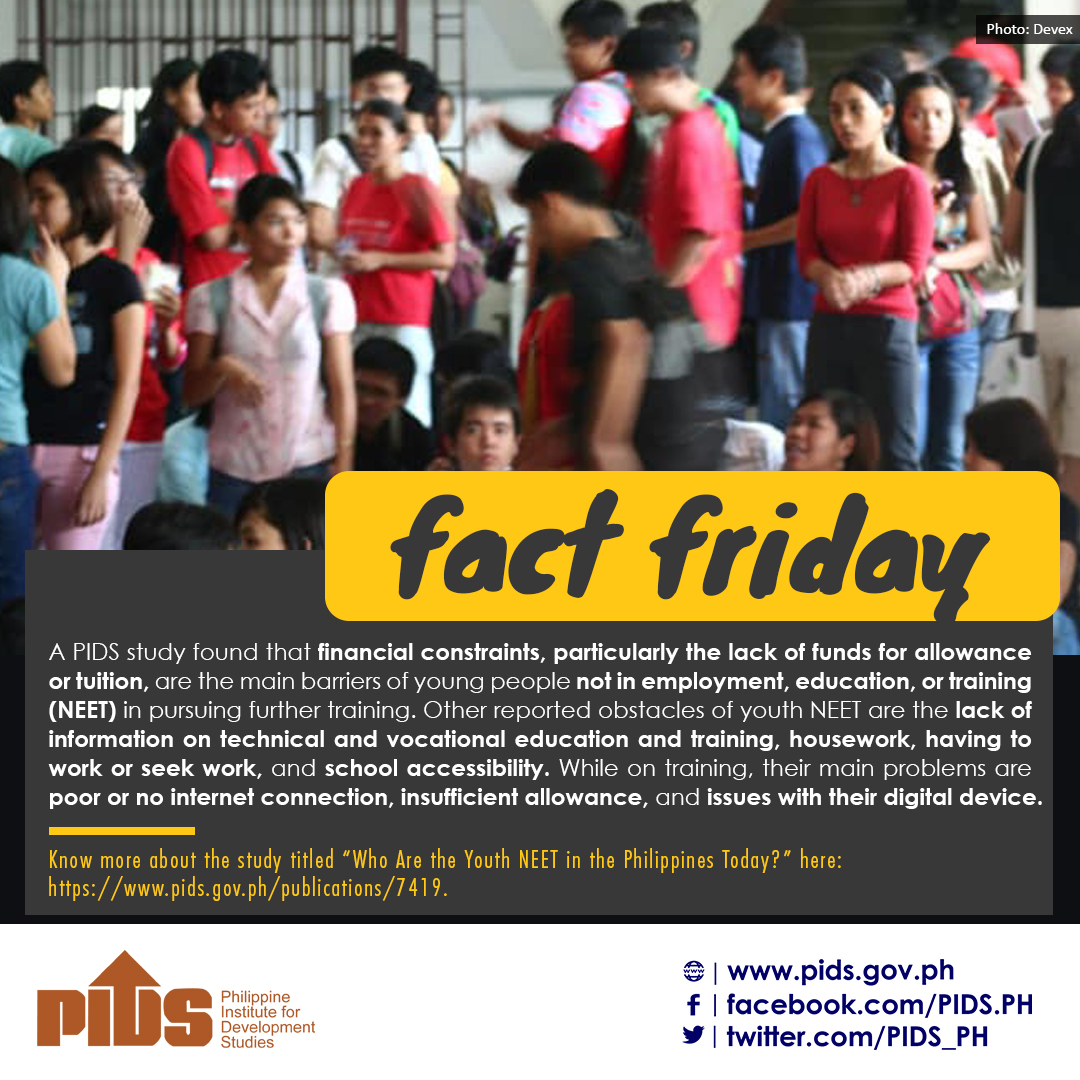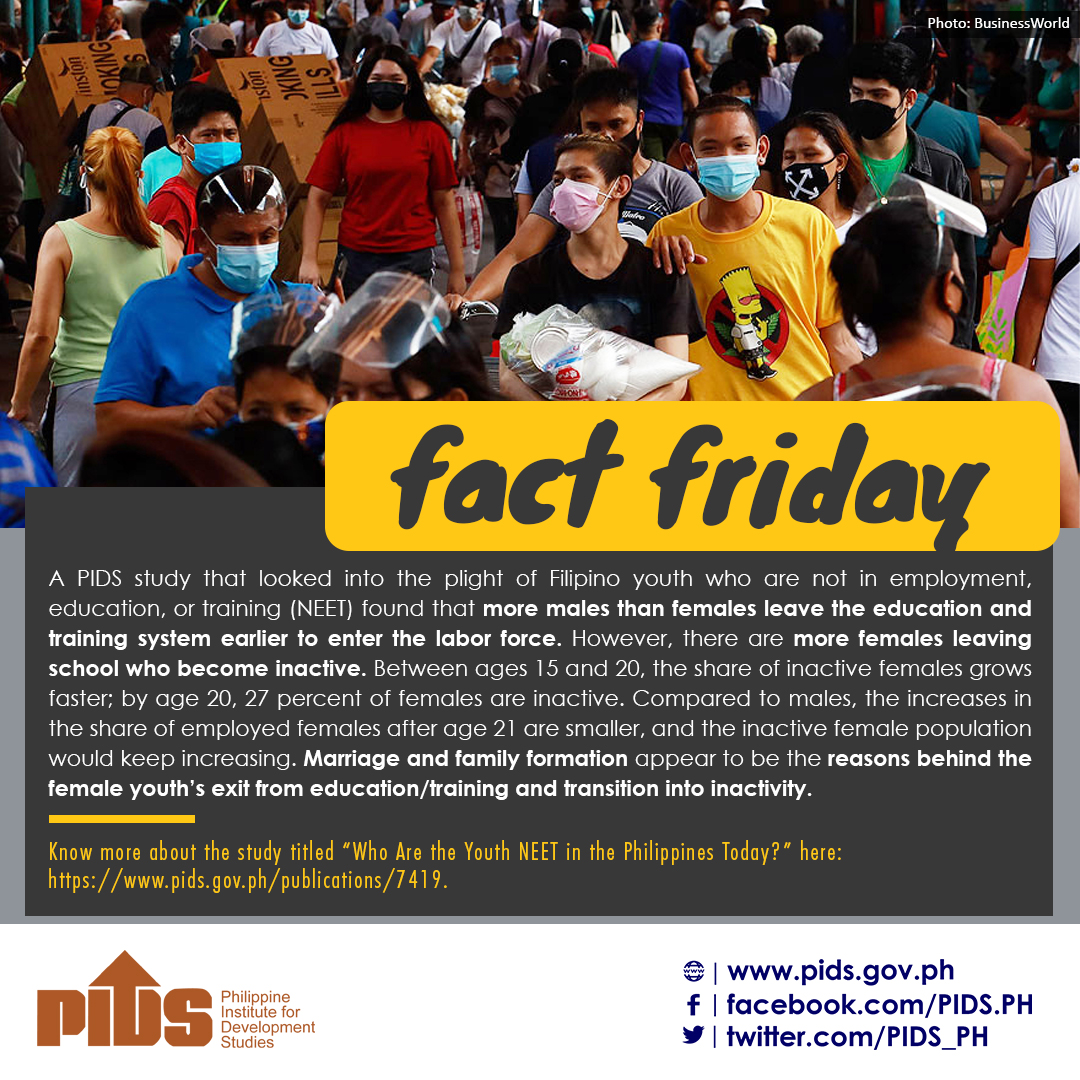How the mighty fall.
From popularity to oblivion, why did Uniwide disappear from the public all of a sudden?
According to a Philippine Journal of Development article published in 2001, Uniwide Sales Warehouse Club was the largest supermarket chain in the country with branches strategically located in Metro Manila’s cities and districts.
In fact, eight of the 20 supermarkets that made it to the top 1,000 corporations in 1996 belonged to the Uniwide Supermarket Chain.
Among the large supermarkets offering food and beverage, as well as tobacco, the Uniwide group led the top 5,000 corporations in the Philippines in 1992. At the time, it had aggregate gross sales of $115 million.
On the ground, Uniwide was a household name back then comparable to the impact of Puregold and Shopwise today. It was the go-to retailer of individuals, families, and sari-sari stores thanks to its diversified collection of goods at unbeatable prices.
Now the once growing retail operator has “phased out” altogether. Here’s why.
Asian financial crisis
A Philippine Institute for Development Studies discussion paper dated January 2020 said that due to the Asian financial crisis of 1997, over 5,800 establishments resorted to closure or retrenchment due to economic reasons between January 1997 and August 1999.
Of this, a fifth were closed permanently with half of such closures taking place in 1998 at the height of the crisis.
Just a year before the crisis hit the continent, Uniwide had come out with its initial public offering (IPO). The P4-billion capital they raised would prove to be short-lived as even established companies struggled to adapt to the financial drought.
Just like that, the group’s assets worth P30 billion were gone. The value of its stock then plummeted from a tall P7 to a minuscule P1.
Uniwide would struggle to get back on its feet in the coming years as revenues faltered and losses staggered. Company officials recorded depleting sales compounded by reduced rent and other fees.
Legal war
Following the company’s poor financial record, the Securities and Exchange Commission placed it under receivership.
This is relatively fast, as pointed out by founder Jimmy Gow, especially considering the company had raised billions in funds just a year prior.
Down the line, their case continued until a court issued an order to liquidate Uniwide’s assets and declare it insolvent. The Philippine Stock Exchange soon followed up by ordering that Uniwide be officially delisted from the lineup of publicly traded companies.
One legal battle after another escalated into a full-blown war, as shown by a quick streamlined search of Uniwide government-related internet history.
Constantly embattled, Gow and the company struggled to regain losses with one building shuttered after another.


